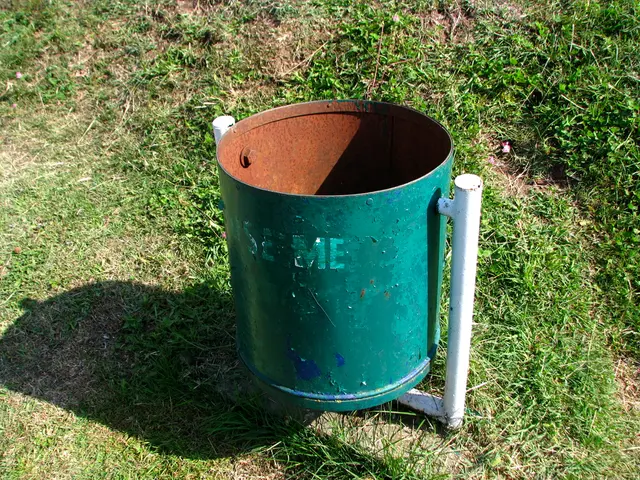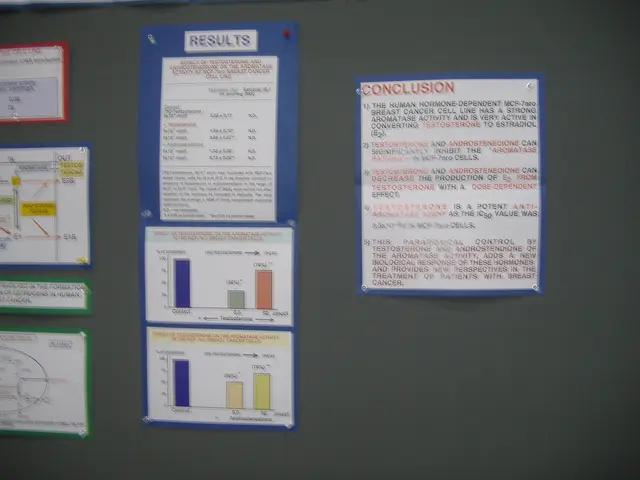Misconceptions Surrounding Retirement Shrinkage
Downsizing in Retirement: A Comprehensive Look
Downsizing in retirement is a popular choice for many seniors, but it's essential to understand the realities and misconceptions surrounding this decision.
According to the U.S. Census Bureau's American Community Survey, about 5% of Americans aged 55 and older moved annually in 2015. However, the trend seems to be changing, with a more recent study from Hire a Helper showing that just under 23% of retirees moved in 2024, a decrease from 25.3% in the year before.
One common misconception about downsizing is that it means giving away everything and drastically sacrificing comfort. In reality, downsizing is about aligning living arrangements with current needs and financial realities, prioritising value and emotional attachment over sheer size or status.
Many retirees assume that downsizing will immediately solve all financial problems. However, downsizing can simplify living and reduce expenses but does not entirely eliminate financial concerns. For instance, selling your home may not result in a significant financial gain due to challenges in selling and the high median home price in the U.S. (currently $440,892, as reported by Redfin in May).
Moreover, smaller homes may appreciate more slowly in some markets, impacting long-term financial benefits, and you might end up paying thousands more in property taxes. Depending on your location, taxes and insurance costs could be even higher, further increasing expenses.
Transitioning from a large home to a small one requires major adjustments, including choosing which furniture and family heirlooms to keep or pass on to your children. Not everyone downsizes in retirement; the majority of retirees do not relocate.
Downsizing does not necessarily mean you won't have to borrow to move. If you sell your home and use the profits to purchase another home, you may find yourself making significant monthly principal and interest payments. For example, if you purchase a $400,000 home and use the profit from your home sale for a 20% down payment, monthly principal and interest payments would be approximately $2,577, plus closing costs, homeowners' insurance, property taxes, and possibly HOA fees.
Another misconception is that downsizing always leads to a negative lifestyle change. In fact, for many retirees, it can mean honoring priorities, reducing maintenance burdens, and improving quality of life by choosing a more manageable and meaningful living space.
Retirees often stay put due to strong ties to the community, high housing costs, rising mortgage rates, and health or family ties. Holding onto your home may provide more flexibility later on, such as the opportunity to rent it out for an extra influx of money each month.
In today's housing market, it's not guaranteed that you'll be able to buy a smaller home outright with the profit from selling your current home. In some cases, a smaller home in a high-cost city might cost more than a larger one in a rural area, and significant renovations could increase costs.
In summary, downsizing is often misunderstood as a loss — of possessions or lifestyle quality — when it is better viewed as an opportunity to align living arrangements with one’s current needs and financial realities, prioritising value and emotional attachment over sheer size or status. It's crucial to approach downsizing with a clear understanding of the financial implications and lifestyle changes to make an informed decision.
- For some retirees, downsizing could be a valuable strategy in personal-finance management, as it might help reduce expenses and simplify living, but it's crucial to consider the potential financial challenges, such as property taxes, HOA fees, and the possibility of not achieving a significant financial gain fromselling the current home.
- When considering downsizing in retirement, it's essential to understand that trading a larger home for a smaller one may not immediately solve all financial problems; instead, it's about prioritizing both financial realities and emotionalattachment in personal-finance decisions, aiming to find a more manageable and cost-effective living space.




